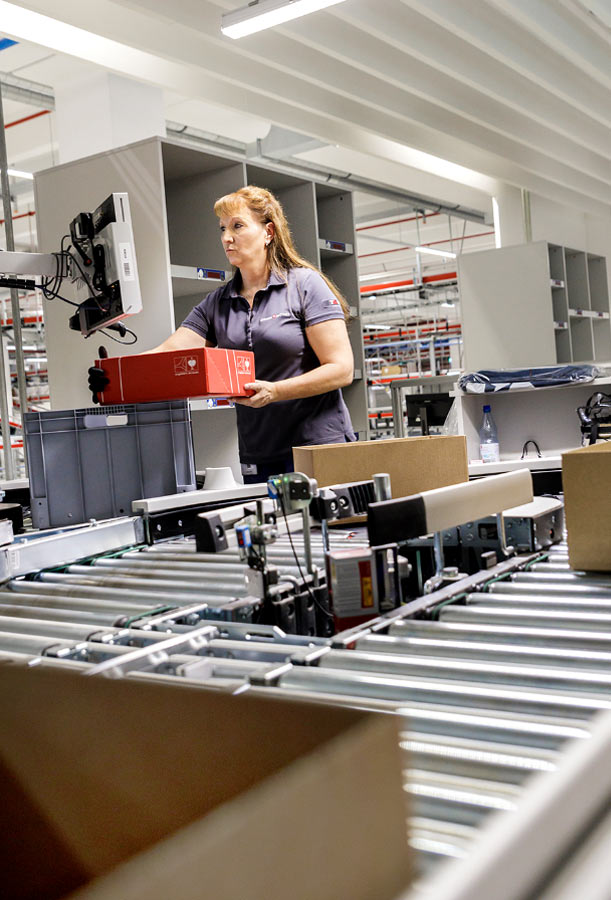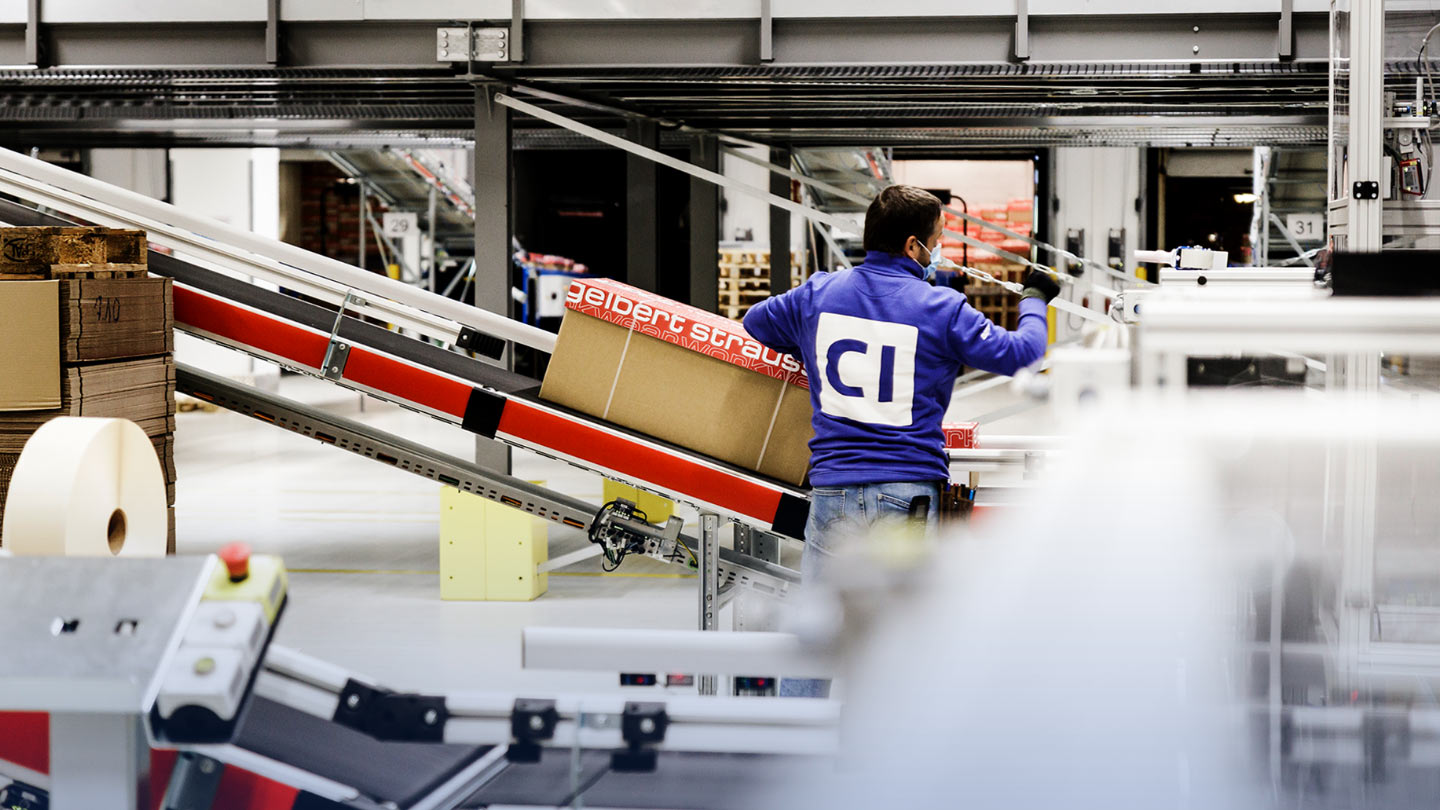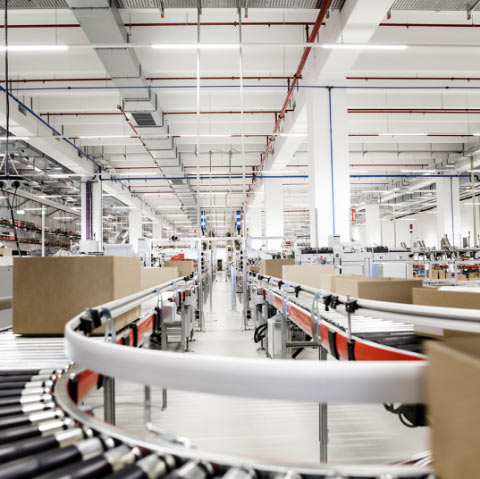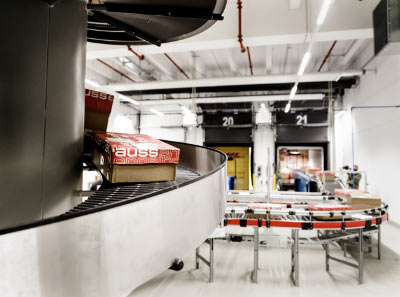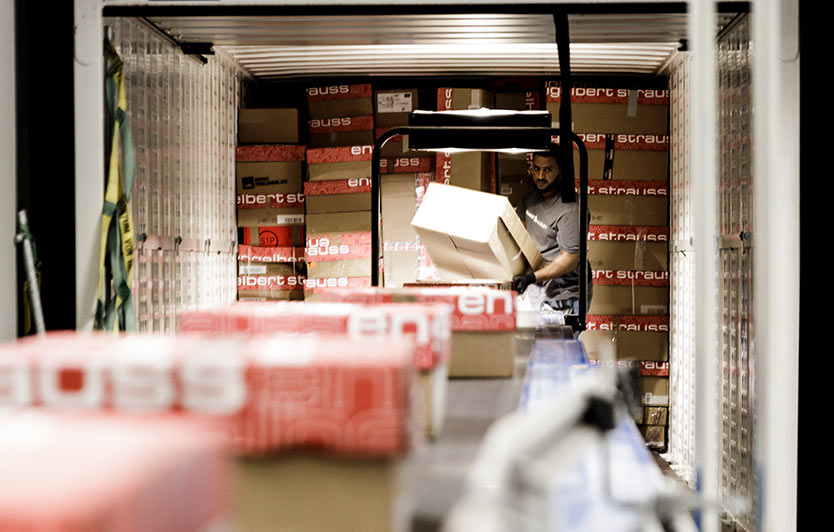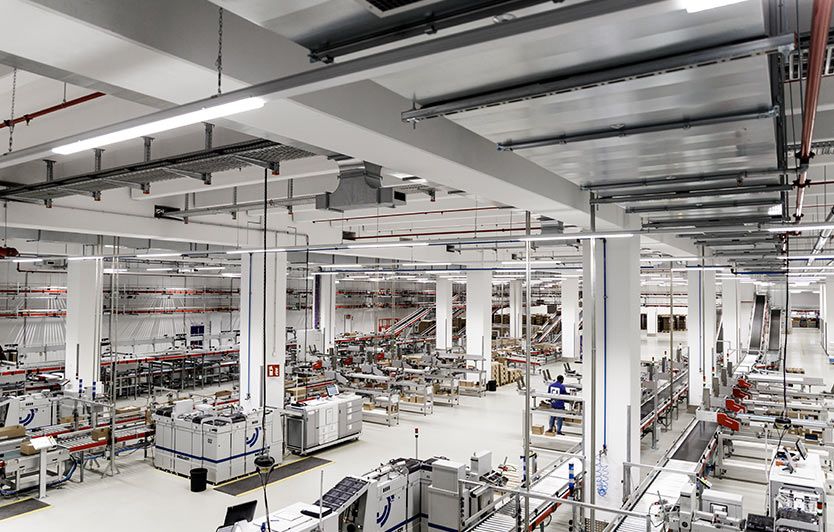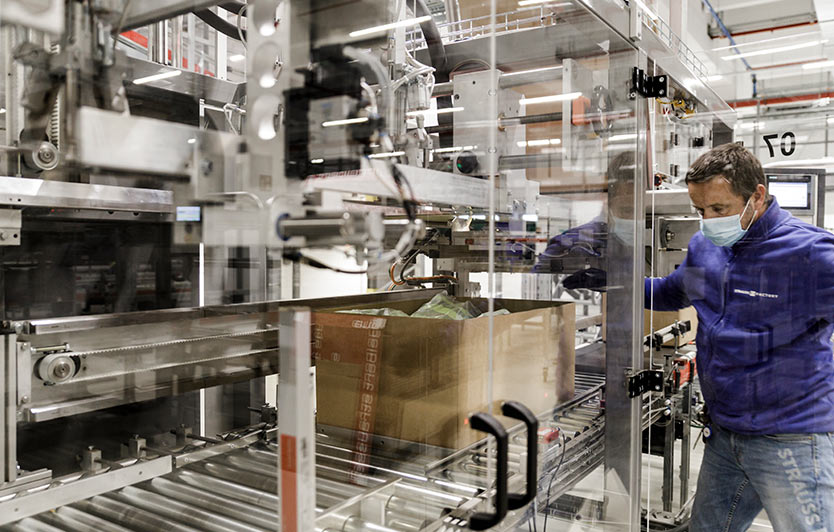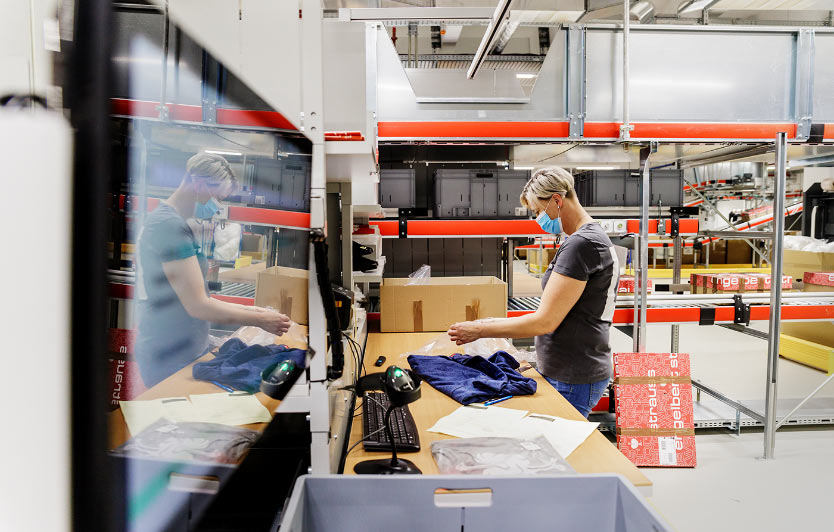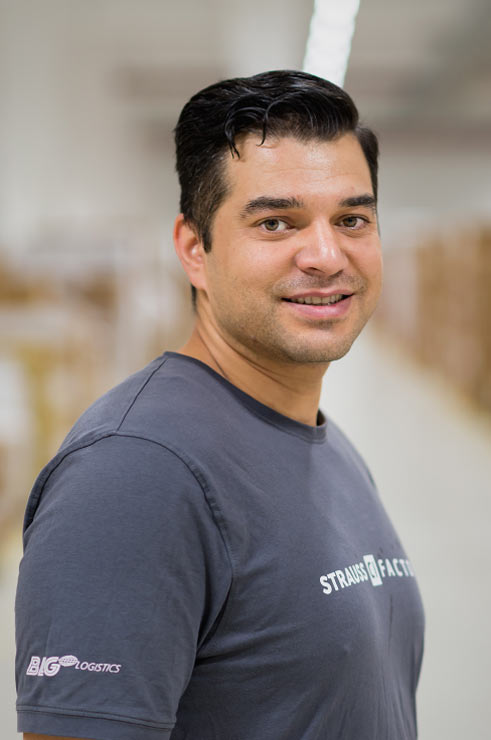BLG LOGISTICS uses tracking technologies from various providers
This site uses third party website tracking technologies to provide and continuously improve its services and display advertisements according to users' interests. Our cookie banner allows users to choose between three options. Until he confirms the banner, the scripts for statistics and marketing cookies will not be executed.I agree and can withdraw or change my consent at any time with effect for the future.
Functional – Basic website functions require this cookie, it is needed and cannot be deselected.
Statistics – Tracking services for the collection of user statistics - primarily Google Analytics.
Marketing – Cookies from third-party services that collect data on the website and merge it with your own data - such as the Facebook Pixel.
